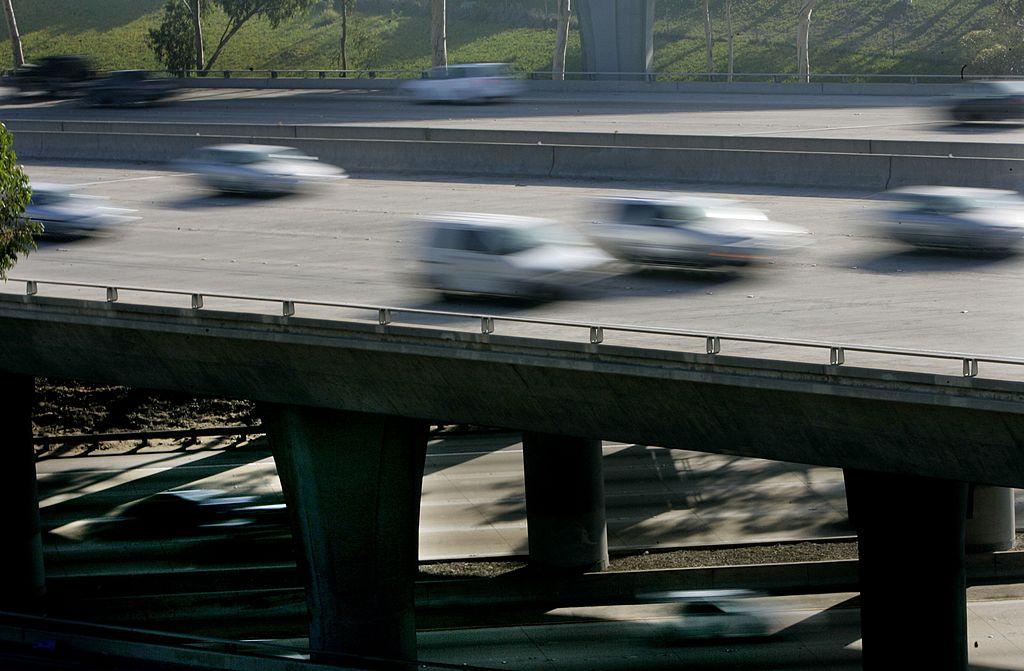California Gov. Gavin Newsom signed into law on Oct. 7 a bill requiring major corporations doing business in California to report their greenhouse gas emissions—creating the nation’s first corporate carbon emissions disclosure program.
Senate Bill 253—called the Climate Corporate Data Accountability Act—will require corporations making more than $1 billion annually to publicly disclose how much carbon they emit directly and indirectly, such as through employee travel, office air conditioning use, heating, and other activities.





